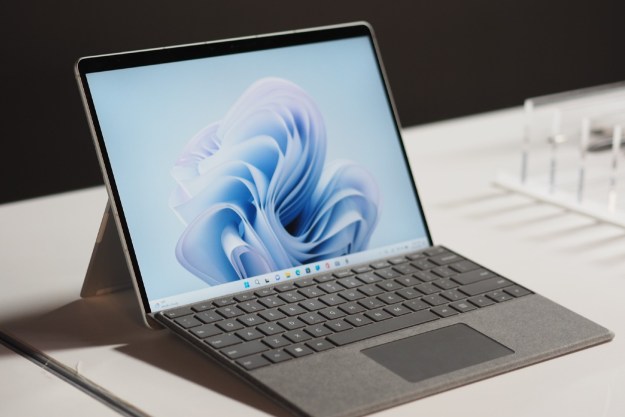
At the time, he said that users will choose an easily remembered, easily guessed password, and likely one stemming from a batch of “a few thousand commonly chosen passwords.” In turn, hackers trying to gain access to user accounts, computers, and so on would try the most likely chosen passwords first. But even though services would reject specific passwords given their common use, Burr suggested a more secure alternative.
On page 52 of the 2003 document, he clearly states that systems should rely on a password of eight characters or more that are selected from an alphabet of 94 printable characters. This password should also include at least one upper case letter, one lower case letter, one number, and one special character. Systems should even rely on a dictionary that prevents users from including familiar words and using their login name as the password too.
The problem with this method is that users tend to have patterns when creating a password. For instance, they may take a familiar word, such as “password,” and alter it slightly to meet the requirements. The result could be something like P@zzwurd2017, which isn’t all that original, and something we conjured up in a matter of seconds.
Right now, systems give users a thumbs-up when they follow the current standard and even provide a visual measurement tool indicating the password’s strength against hacking. But then users are requested/forced to change their password every 90 days, thus they may use the same base word, but alter the character usage to please the update process (such as P@ssw0rd2K17).
When the guidelines were created in 2003, they were not based on collected data. System administrators would not cough up any passwords for examination, thus Burr turned to a whitepaper published in the 1980s — long before the general American population purchased a modem and jumped onto the world wide web using Netscape or America Online.
Fast forward to 2017, and the National Institute of Standards and Technology provides new guidelines for systems to follow. Authored by technical adviser Paul Grassi, it tosses out much of what Burr established years ago. But Grazzi admits that Burr’s system lasted for 14 years, and hopes that his revised password ruleset lasts just as long. He suggests that systems remove the 90-day password refresh and the requirement for special characters.
Ultimately, the best practice for everyone is to throw out familiar, easily linked ideas, such as the name of your favorite movie or pet. Instead, create a phrase of words that doesn’t make much sense, and does not include spaces. Password managers like LastPass are helpful too when you are required to remember a multitude of unique passwords across dozens of services.


